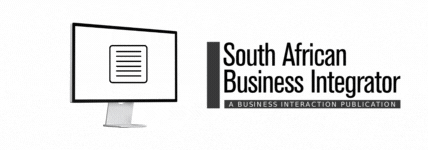During African Mining Week on 2 October at the CTICC in Cape Town, a powerhouse panel of female executives explored the growing influence of women in leadership roles across Africa’s mining and construction sectors.
The rise of female CEOs reflects a long-overdue cultural shift within these historically male-dominated industries — where success is now being defined by merit, expertise, and the steady dismantling of gender barriers.
Building Pathways for Women in Leadership
Anjana Turner, Principal at U.S-based Anjana Turner Law, opened the discussion by underscoring the importance of access and mentorship.
“We must ensure that women have the opportunity to advance,” Turner said. “It’s not about following; it’s about showing up as confident leaders who contribute meaningfully at every level.”
Turner emphasised that women in senior decision-making roles consistently improve outcomes in negotiations, governance, and strategic planning.
Expertise Over Gender
Emma Townshend, Executive for Corporate Affairs at Impala Platinum and board member of Women in Platinum Group Metals, shared insights from her own journey from financial markets into mining.
“I’ve been fortunate that my skills and experience have always been recognised — gender was never an obstacle,” she said.
She credits South Africa’s legislative progress for laying a foundation for workplace equality, but she was clear that leadership success depends on knowledge and value.
“Influence in the boardroom comes down to expertise, not gender,” she added.
Breaking Stereotypes, Building Equity
For Lili Nupen, Co-Founder and Director at NSDV Law, being the only woman — often the youngest — in a boardroom was once routine.
“At first, I was seen as an outsider,” she recalled. “But once your expertise is heard, perceptions quickly change.”
Nupen’s firm promotes a flat leadership structure where all voices are valued and personal brands are encouraged.
“Gender should never be a barrier if you can demonstrate your expertise,” she said.
The panel also addressed stereotypes that frame women as overly emotional. Townshend reframed this notion:
“There’s a time and place for positive emotion in business — it’s a leadership skill. Empathy and awareness of team dynamics strengthen culture and collaboration.”
Mentorship, Inclusion and the Future
The consensus among panellists was clear: diversity is both an ethical and economic imperative. With more women now taking on CEO and executive roles in mining and construction, the next challenge lies in building a sustainable pipeline of female leaders.
Mentorship, inclusive policies, and visible role models were identified as the keys to unlocking this potential.
As Turner summarised, “When women lead, industries evolve. It’s not just about representation — it’s about transformation.”



